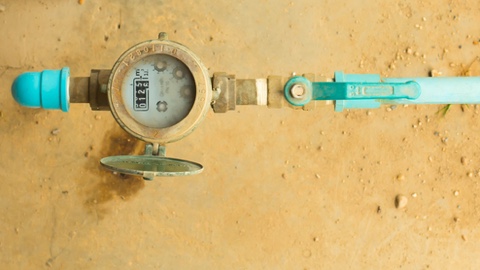
Globally, we consume about 4 trillion cubic meters of fresh water each year. January 2015 saw the world consume more than 34 billion barrels of oil. Is there a critical mass we’re moving toward for water consumption? The day that war is declared over water rather than oil?
Smart water networks are needed everywhere. Conserving water and providing a system to manage the aging infrastructure found in most cities and urban areas is high on the list of priorities for most public works agencies. Unfortunately, the cost to either replace the leaky and old technology in existing infrastructure is often prohibitive.
In her article, Anne Wrobetz, Research Analyst for Navigant Research states, “smart water meters can be two to three times as expensive as traditional meters, and that does not include the cost of a network to gather the data.” Given water shortages around the world, doesn’t it make sense to invest money to increase water resources and energy alternatives instead of fighting for oil?
“The smart water network market is not growing as rapidly as that of smart electric or gas meters, due to its reliance on batteries, the lower prices of water, and less public awareness of the technology’s benefits. According Navigant Research’s upcoming Smart Water Networks report, this market is forecast to grow from $2.5 billion in 2016 to $7.2 billion in 2025. While the market for smart water meters is slower to take hold, the market opportunity across the next decade is promising.”
Read more here.


